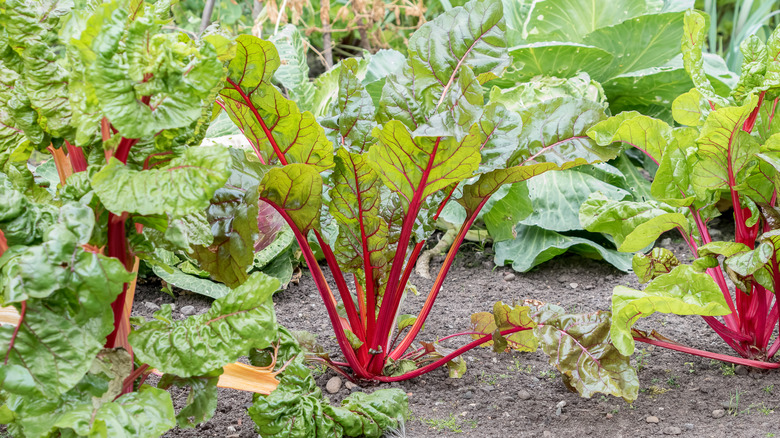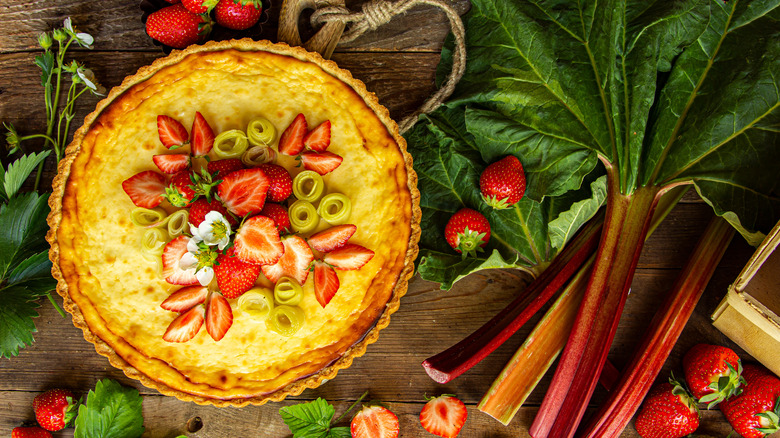You Can Actually Hear This Vegetable Growing
People talk to their plants all the time. Plenty of studies have been conducted over the years that prove it actually helps your plants grow. Per The Spruce, the Royal Horticultural Society did a study to do just that, and they found that plants not only grow better when you talk to them, they grow better if it is a female voice. Who knew! But, have you ever wondered if the plants talk back? Meaning, you can hear them as they grow?
If you grew up on a farm, then you know hearing some plants grow is more than an old wives' tale, and now science is backing up what your ears already confirmed. According to Ohio's local paper, Bryan Times, corn makes noise when it grows, and it is loud enough for you to detect. Bob Short, a farmer from Alvordton, told the paper, "During this maturity of the corn plant, itself, when it's pollinating and the ears are coming out and the leaves are growing out of the stalk; in the evening when it's quiet you can sit out in the yard and it snaps and crackles as the leaves emerge."
But this is not the only vegetable plant that makes noise. There is another that gets our summertime taste buds smacking and longing for the pies, jams, and lemonade you can make with it.
Rhubarb plants can be heard growing
Hearing Health Matters shares that rhubarb plants grow so loudly they put Rice Krispies to shame with their own "snap, crackle, and pop." That's right, that stalky vegetable that makes desserts taste delicious can be heard growing. Rhubarb made its way to England from Mongolia. where in the 1800s something called the Rhubarb Triangle popped up in Leeds. This triangle is comprised of a group of farmers who figured out how to force grow rhubarb, producing large quantities of the vegetable.
During this forced growth, you can hear the rhubarb growing. How it works: The rhubarb grows for two years, taking in and storing all that energy from the sun. In the winter, the plants are placed in dark sheds that are heated, causing the stalks to grow bigger. These farmers are so good at force growing that you can hear the rhubarb stalks growing in the dark sheds. They share that it is when the buds split open the rhubarb becomes audible.
Atlas Obscura reveals that forced growing of rhubarb makes it less "fibrous," and mild and sweet to the palate. It also notes that even when the rhubarb is harvested, it must be done in very low light or the growing process will cease. Rhubarb is truly an amazing vegetable.

